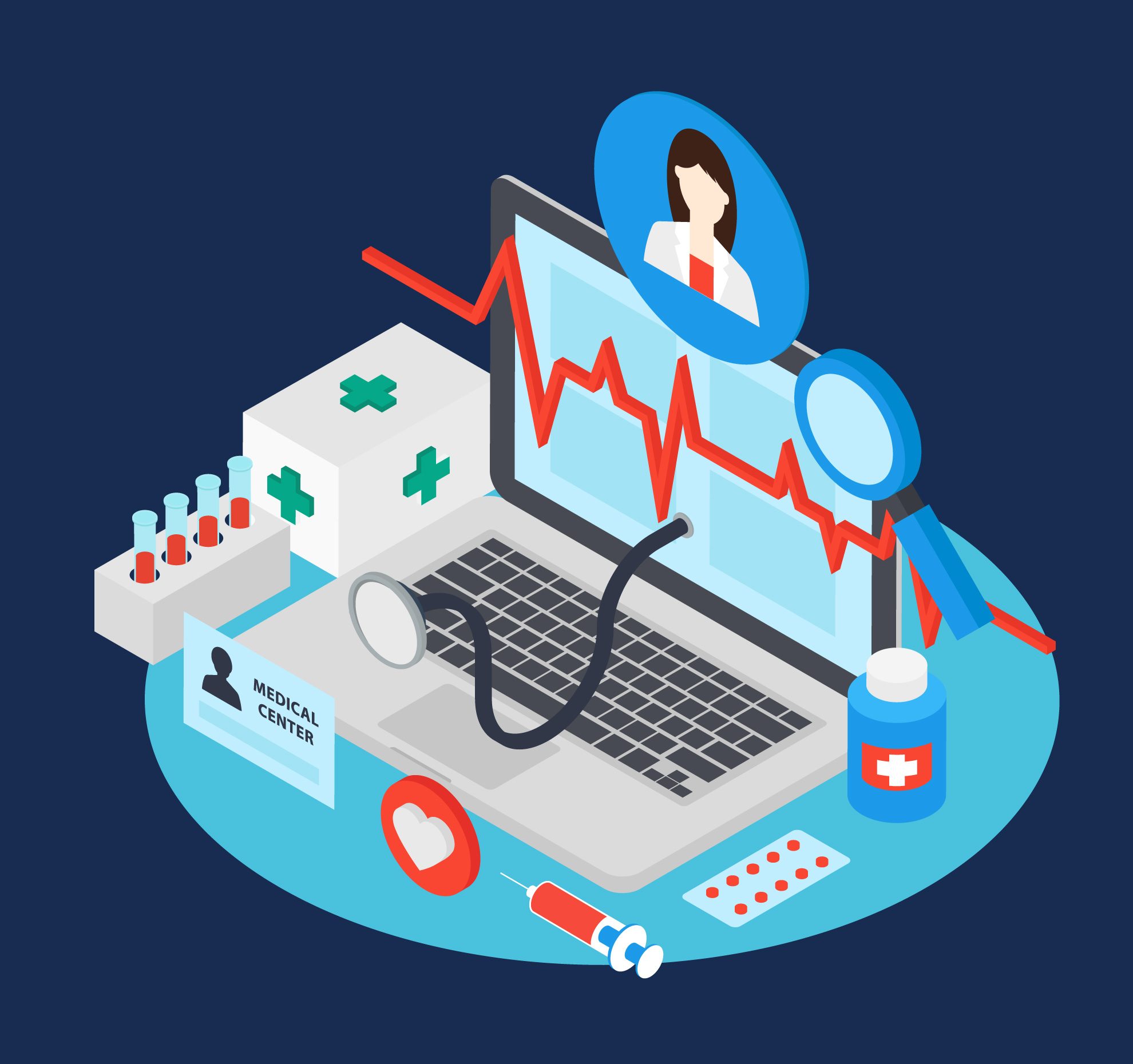ERP in healthcare is transforming the industry by streamlining operations, improving patient care, and enhancing overall efficiency. Enterprise Resource Planning (ERP) systems integrate various healthcare processes into a unified platform, enabling healthcare providers to manage patient information, resources, and administrative tasks more effectively. In this blog, we will discuss how ERP is making a significant impact on patient care and operational efficiency.
1. The Role of ERP in Healthcare Management
ERP plays a crucial role in the management of hospital resources and patient data. By integrating different departments such as billing, patient registration, inventory management, and human resources, ERP systems provide a comprehensive view of the hospital’s operations. This integration allows healthcare providers to make informed decisions, reduce errors, and optimize resource allocation, ultimately leading to better patient outcomes.
2. Enhancing Patient Care with ERP Systems
One of the most significant benefits of ERP is its ability to enhance patient care. With an ERP system, healthcare providers can access real-time patient data, including medical history, treatment plans, and lab results. This immediate access to information ensures that healthcare professionals can make timely and accurate decisions, leading to improved patient outcomes. Additionally, ERP systems facilitate seamless communication between different departments, ensuring that patient care is coordinated and efficient.
3. Improving Operational Efficiency
ERP also significantly improves operational efficiency by automating administrative tasks and reducing manual processes. For example, ERP systems can automate appointment scheduling, billing, and inventory management, freeing up staff to focus on patient care. This automation not only saves time but also reduces the likelihood of errors, which can have serious consequences in a healthcare setting. By streamlining these processes, healthcare providers can operate more efficiently and reduce operational costs.
4. Ensuring Compliance and Data Security
Compliance with healthcare regulations and ensuring data security are critical concerns for healthcare providers. ERP helps address these concerns by providing robust data security features and ensuring that all processes are compliant with industry regulations. ERP systems are designed to protect sensitive patient information and ensure that healthcare providers adhere to legal and regulatory requirements, such as HIPAA in the United States. This compliance is essential for maintaining patient trust and avoiding legal issues.
5. The Future of ERP in Healthcare
The future of ERP looks promising, with advancements in technology continuing to drive innovation in the industry. As healthcare providers increasingly adopt ERP systems, we can expect to see even greater improvements in patient care and operational efficiency. Features such as AI-driven analytics, telemedicine integration, and mobile accessibility are likely to become standard in ERP systems, further enhancing their value to healthcare organizations.
Conclusion
ERP is a powerful tool that is boosting patient care and operational efficiency. By integrating various processes into a single platform, ERP systems enable healthcare providers to deliver better care while reducing costs and improving compliance. As the healthcare industry continues to evolve, ERP systems will play an increasingly important role in shaping the future of patient care. For more information on how ERP can benefit your healthcare organization, visit Bedots.
Read more: Understanding the Role of IoT in Modern ERP Systems



